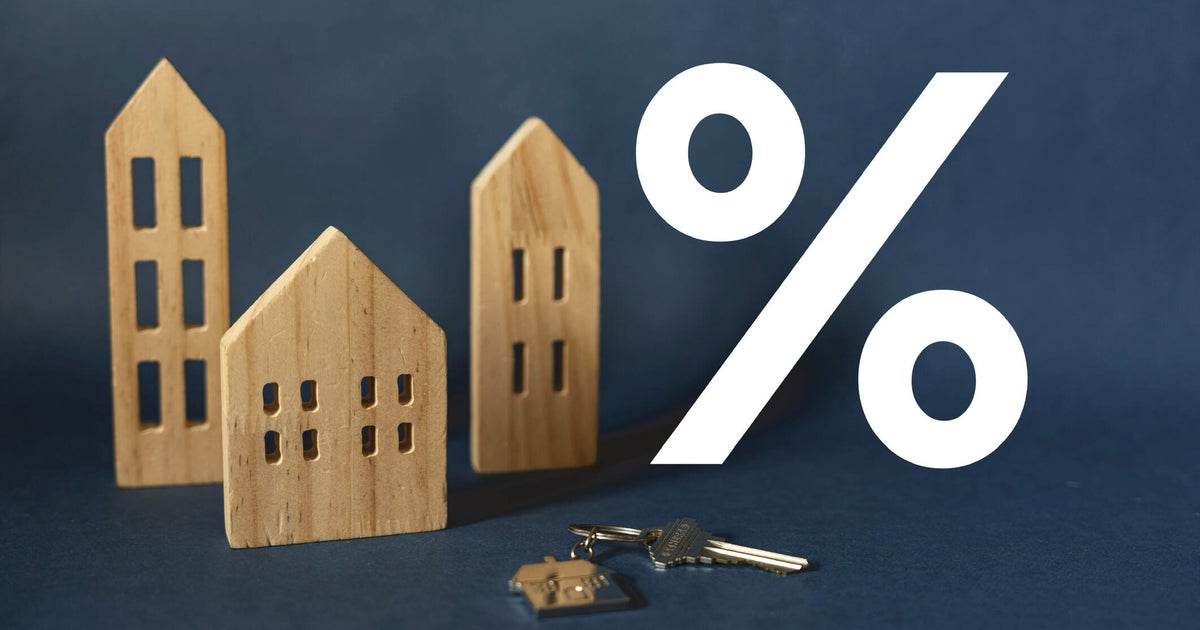Looking for the best student loan for spring 2024? Experts say to do this
As 2023 winds down and we get into the full swing of winter, many college students are thinking about securing loans for the upcoming spring 2024 semester.
But how can you find the best student loans for 2024? Well, there are a few different routes you can take to find the right loans for the spring semester. Here's what higher education experts advise.
Explore your top student loan options online here.
Looking for the best student loan for spring 2024? Experts say to do this
When looking to fund higher education costs, start with the Free Application for Student Aid (FAFSA). After submitting it, you'll receive an award letter that outlines the grants, scholarships, work-study programs and federal loans you can get.
"If you borrow, be sure to borrow federal student loans in the student's name first as those come with unique benefits, such as income-based repayment plans and public service loan forgiveness, which are not typically offered on private student loans," says Angela Colatrino, chief marketing officer at College Ave Student Loans.
Students can fill out the FAFSA for the 2023-2024 academic year through June 2024. However, if you've already filled it out for this year, refer back to the award letter you received as it will apply to your fall, spring and summer semesters.
If you still have costs left over after taking advantage of federal financial aid, it can help to look into private student loans.
"Federal student loans have annual and lifetime limits, so they may not cover all of your expenses. In that case, private student loans are an option to explore and can help cover up to 100% of your remaining cost of attendance," says Colatrino.
Find out the student loan rates you could qualify for here.
How to find the best private student loans of 2024
When it comes to private student loans, there's not one lender that's going to be best for everyone. To find the best loan for you, you'll need to shop around, collect quotes and compare them side by side. Here are the main factors to consider when doing so:
Eligible institutions and programs
Lenders may restrict their student loans to certain schools, programs and enrollment levels. As you shop around, check to ensure that a lender will fund the cost of attendance for the education program you're planning to attend.
Eligibility requirements
Different lenders have different underwriting practices. "Private loans are fully underwritten, unlike federal loans, so credit score and debt to income (DTI) matter. The credit score generally determines the rate, but DTI is the thing that 'proves' to the lender you have money to make payments," says Jack Wang, a wealth and college financial aid advisor at Innovative Advisory Group.
"Some families that have a lot of other debt may not qualify for a private loan on a DTI basis, even though they may have a high credit score," Wang adds.
You can find the best lenders for your situation by checking the eligibility requirements of various lenders and making a shortlist of the lenders that look like the best fits.
Loan amount
Look for lenders willing to lend loan amounts large enough to cover your remaining cost of attendance. Some may offer less than you need, leaving you needing yet another loan.
Interest rate
Compare annual percentage rates (APRs) to find the lowest rate and keep an eye out for APR discounts. For example, a lender may offer you a lower APR if you enroll in autopay.
Interest rate type
Lenders may offer fixed interest rates, variable interest rates or both. Fixed rates often start higher but remain the same throughout your loan term while variable rates fluctuate. If you prefer more predictability, fixed rates are the way to go.
Repayment term
Your loan term will determine your monthly payment amount and the overall cost of your loan, so it's important to find one that suits your budget. Longer terms can mean lower monthly payments but higher overall costs.
Repayment options
Compare repayment options to find the best fit for your situation. While you're in school, lenders may offer deferred payments, interest-only payments or a reduced fixed payment amount. You want to ensure you have a monthly payment plan and grace period that will work with your budget.
Fees
Take note of any fees a lender charges such as application, origination or late fees.
"Some risks to be aware of when taking out private student loans are any sort of pre-payment penalty or huge origination fee," says Becca Baldauf, CPA, CCFC, student loan advisor at Student Loan Planner.
Cosigners
Applying with a well-qualified cosigner, like a parent, can help you get approved for student loans, If you're interested in going that route, check if lenders allow for cosigners and cosigner releases.
"When private loans are necessary to cover the cost of attendance at your chosen school and degree program, consider asking a trusted adult with a good credit history to be a co-signor on your private loans to reduce the associated interest rate," says Baldauf.
"Some private loans also offer a co-signer release which can take the parent off of the loan without having to refinance," Wang says.
Customer service
Check the customer service channels each lender offers and how their service has been rated by past customers. You can gain a lot of insight from reading their reviews.
Hardship options
Look into the hardship programs a lender offers. If you ever end up in a difficult financial situation, it's better to have a lender that offers flexibility.
The bottom line
By comparing private student loan lenders using the above factors, you can figure out which one offers the best solution for your upcoming semester — all things considered. It's also a good idea to keep track of your overall student loan balance as you make your way through college.
"When it comes to borrowing student loans — both federal and private – a good rule of thumb is not to borrow more in total than the student's first-year salary out of college. By doing so, you'll likely be able to repay your student loans in around 10 years," says Colatriano.




